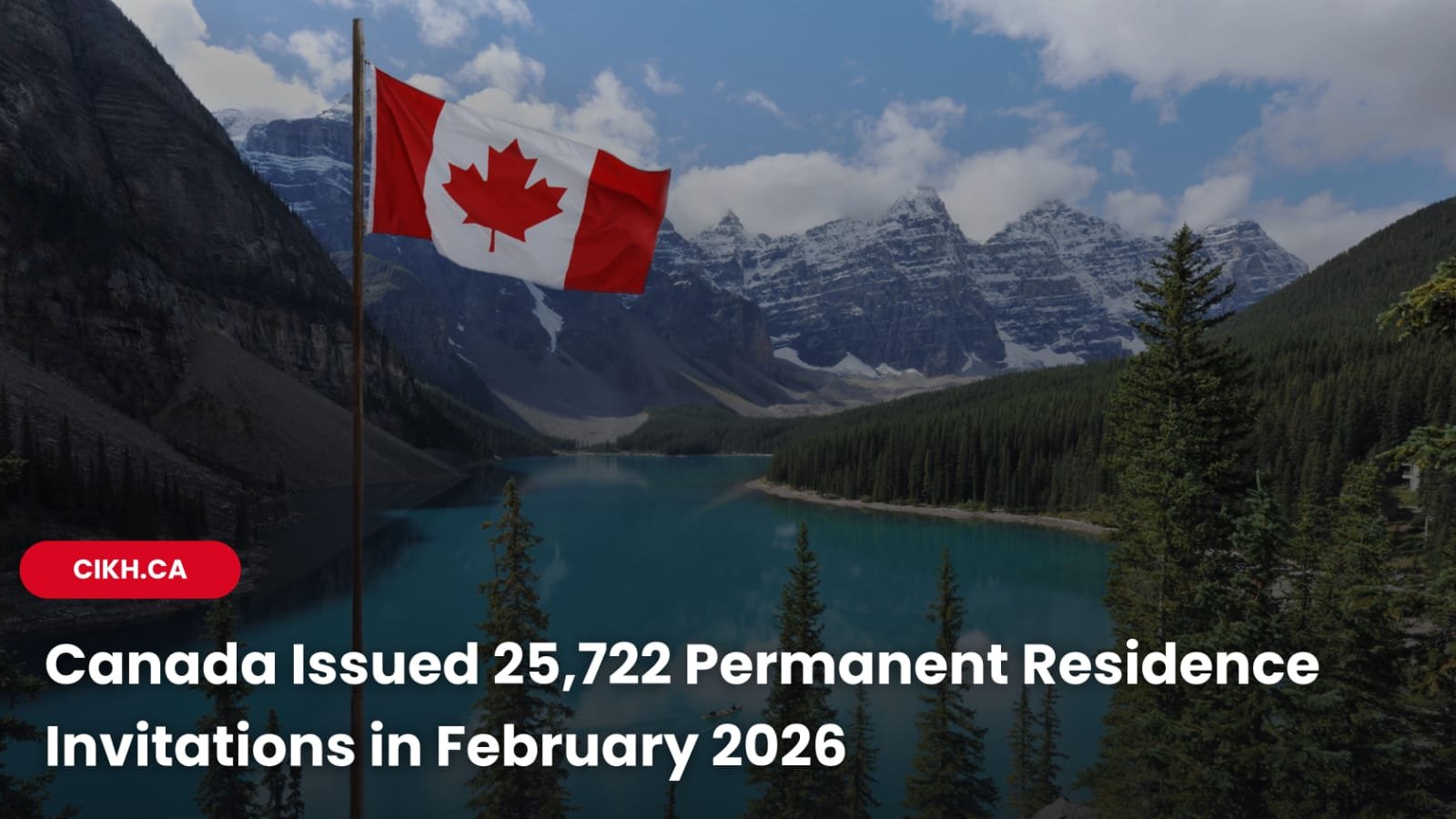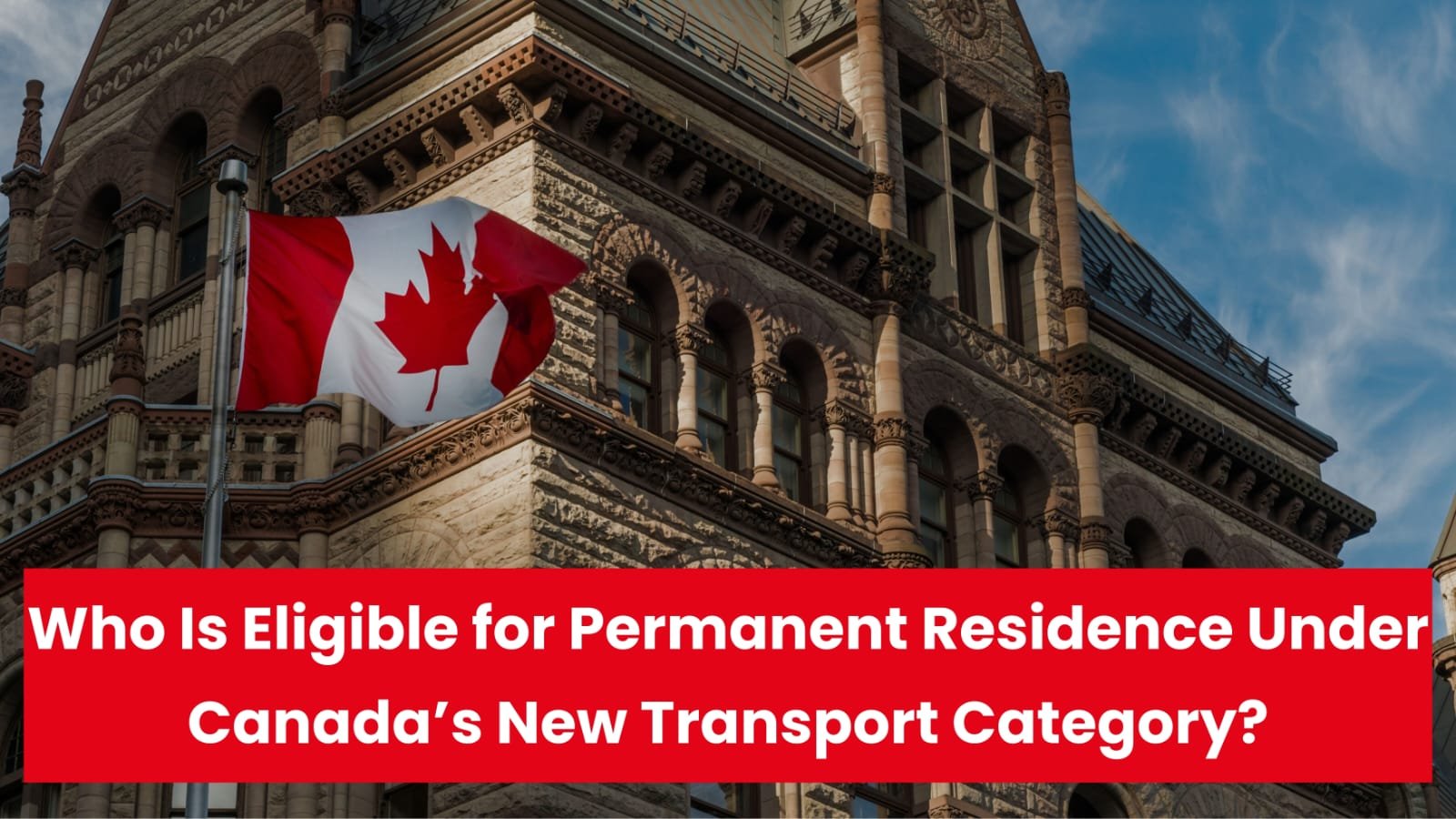What is an open work permit?
An open work permit allows you to work for any employer in Canada, except for those who:
- Are on the ineligible list for failing to comply with conditions, or
- Operate businesses that involve striptease, erotic dancing, escort services, or erotic massages.
Open work permits are only granted in specific circumstances. Since they are not tied to a specific job, you don’t need:
- A Labour Market Impact Assessment (LMIA) from Employment and Social Development Canada, or
- Proof that your employer has submitted a job offer through the Employer Portal or paid the employer compliance fee.
Typically, you will need to pay the open work permit holder fee along with the work permit application fee. Be sure to check the current fee list for accurate information.
Restrictions on Open Work Permits
Some open work permits may have restrictions regarding:
- Type of work: You might need a medical exam to work in certain fields.
- Location: For example, if you have an open work permit under the provincial nominee program, you may be limited to working in a specific province.
If you have a restricted open work permit, these limitations will be clearly stated on your permit.
Eligibility for an open work permit
You may be eligible for an open work permit if you meet one of the following conditions:
- You are an international student who graduated from a designated learning institution and qualify for the Post-Graduation Work Permit.
- You are a student who can no longer afford the costs of your studies (also known as a destitute student).
- You have an employer-specific work permit and are experiencing, or are at risk of, abuse at your job in Canada.
- You are a dependent family member of a person who has applied for permanent residence.
- You are the spouse, common-law partner, or dependent child of a worker in a low- or high-skilled position.
- You are the spouse or common-law partner of an international student.
- You are the spouse or common-law partner of an applicant for the Atlantic Immigration Program.
- You are a refugee, refugee claimant, protected person, or a family member of someone in one of these categories.
- You are under an unenforceable removal order.
- You hold a temporary resident permit.
- You are being sponsored as a spouse, common-law partner, conjugal partner, or dependent child while living in Canada.
- You are a Quebec investor who has received a Quebec Notice of Intent to Select.
In each scenario, you must meet additional eligibility criteria.
Subscribe to our newsletter!





